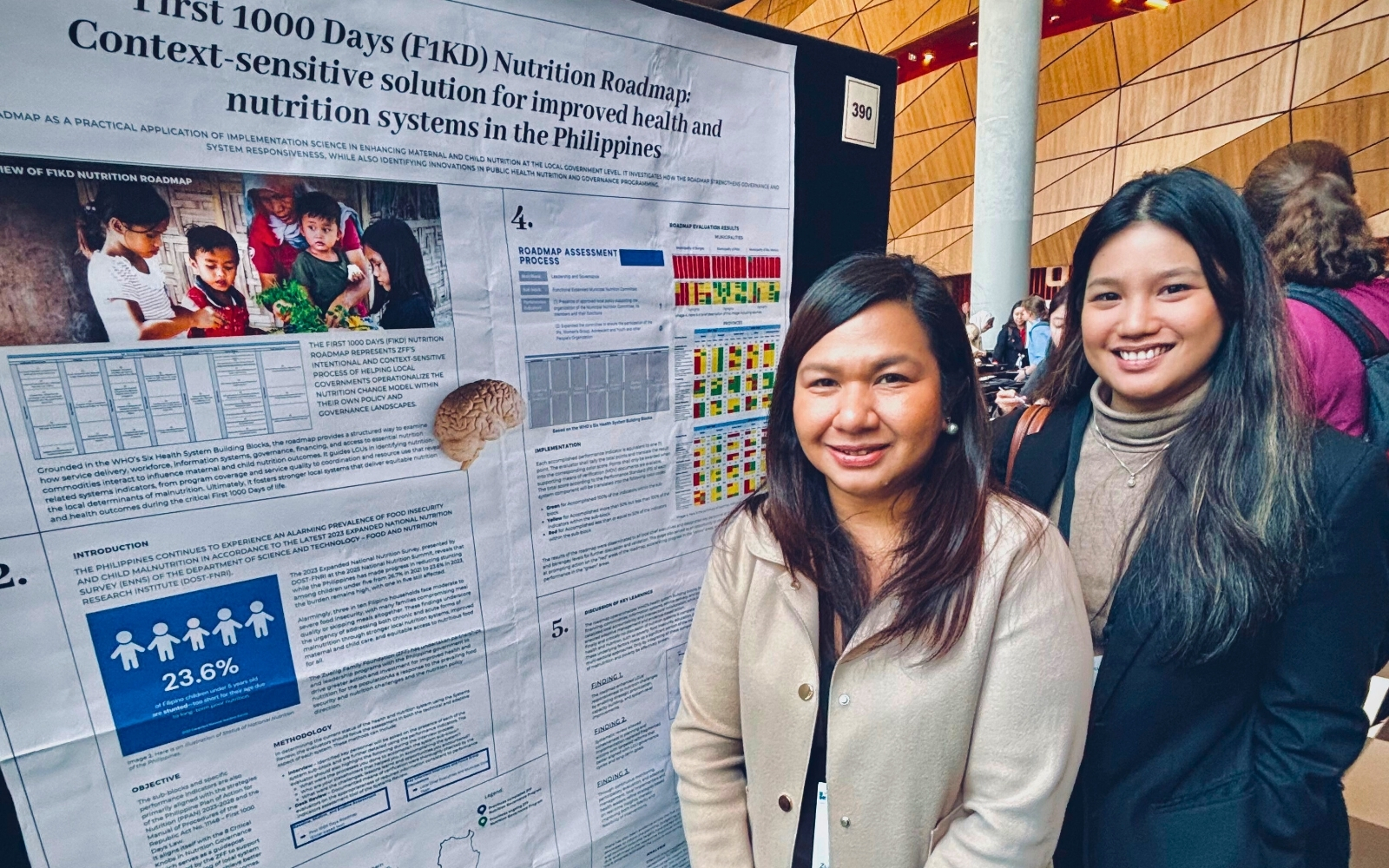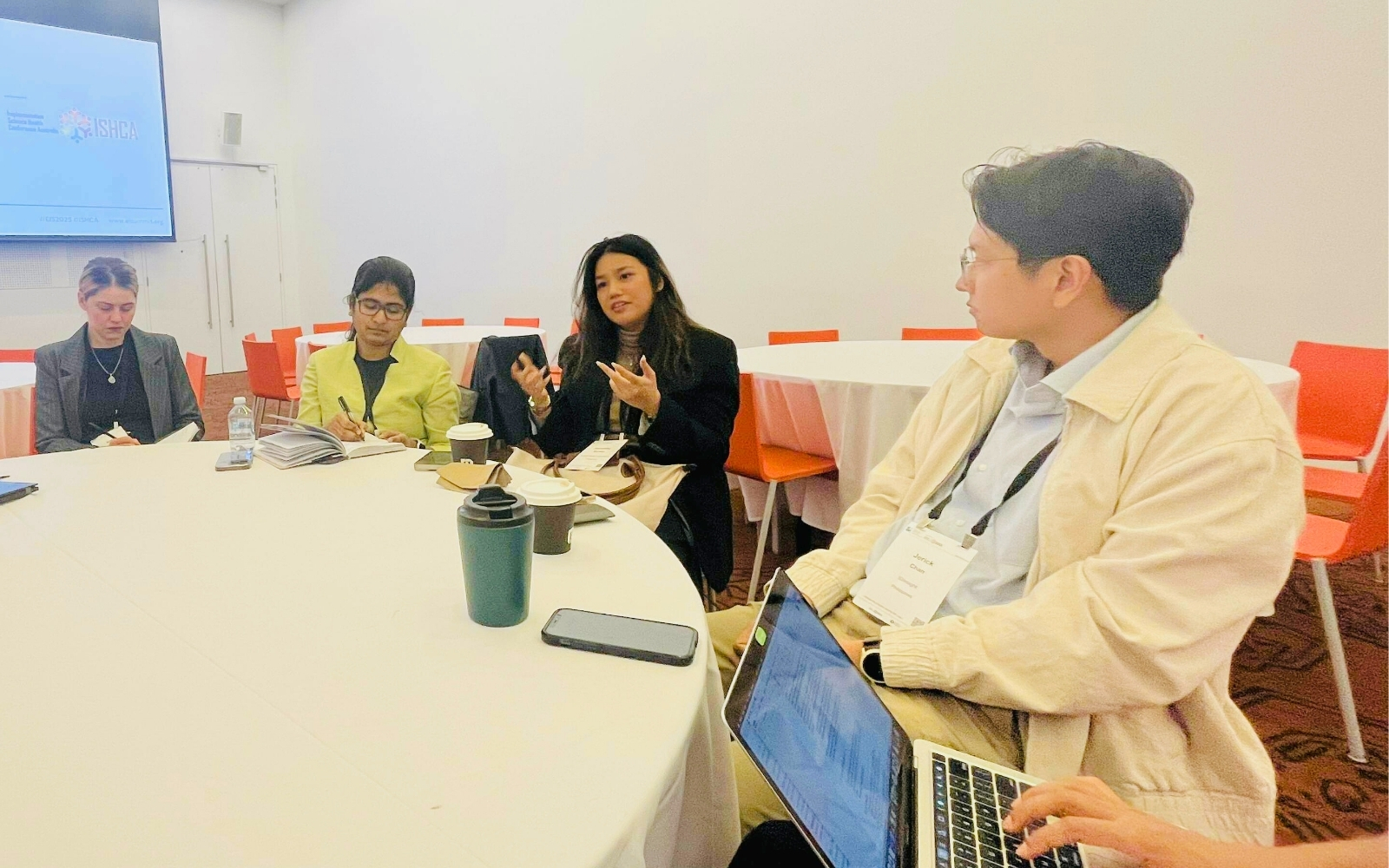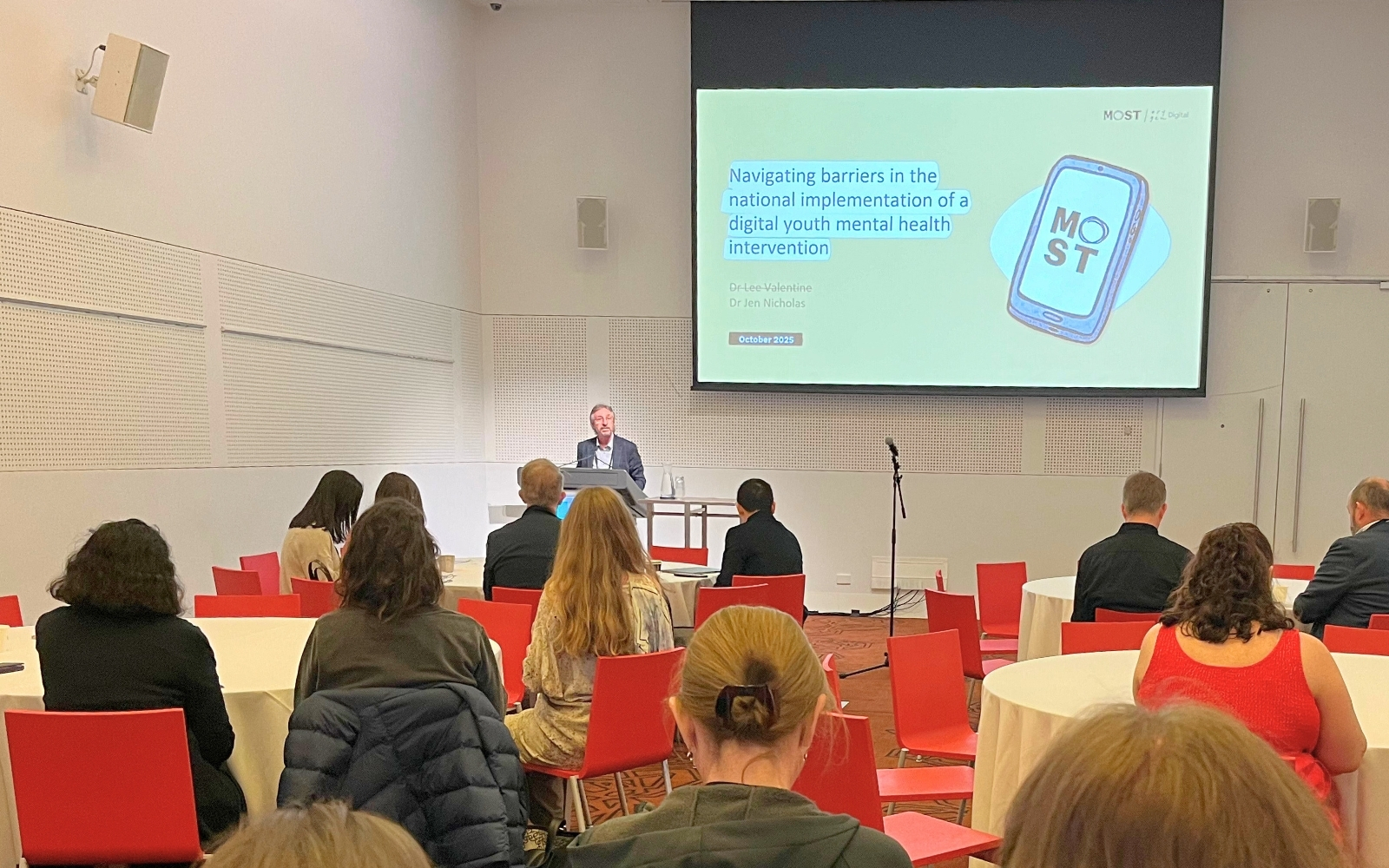From Evidence to Action: Strengthening Nutrition Governance through the First 1,000 Days Roadmap
Insights from the Field

The Zuellig Family Foundation (ZFF) joined the Evidence and Implementation Summit (EIS) 2025, a global event that brought together experts from different regions to share how they use evidence to guide better decisions in public health, social development, and community welfare. ZFF presented its abstract and poster on the First 1,000 Days Roadmap, becoming the only Filipino organization featured in its category.
Turning Evidence into Action

ZFF shared how it applies implementation science to address malnutrition and stunting in the Philippines—challenges that continue to affect children’s growth and development. Through the First 1,000 Days Roadmap, ZFF showed how leadership development, systems thinking, and intersectoral collaboration among local governments and partners strengthen health and nutrition services for families.
ZFF Nutrition Director Dr. Joyce Viar explained that turning evidence into action requires more than technical skills. She noted that collaboration, trust, and a shared understanding of how research improves people’s lives make implementation truly effective.
Sharing the ZFF Pook Malusog Experience
ZFF presented its Nutrition Governance approach through the Pook Malusog Program, which helps local governments strengthen their health and nutrition systems. The program demonstrates how good governance and evidence-based action work together to create lasting change.
Through ZFF’s Pook Malusog Dashboard, local leaders can detect malnutrition early through its automatic calculation of inputted health indicators. The dashboard can be used offline and includes a geo-tagging feature that helps track families needing nutrition support. By consolidating health and nutrition data, it enables timely and informed decisions at the local level.
Inspiration from Global Leaders
New Zealand Prime Minister Christopher Luxon captured the spirit of the event with his message to “make things happen.” He described the summit as truly inspiring, offering practical lessons that can guide continued innovation in health and development.
Several key insights from the sessions resonated with ZFF’s work:
- Balancing speed and strategy in implementing programs recognizing when to move quickly and when to pause for reflection to avoid counterproductive results.
- Ensuring both the quality of evidence and the quality of its use focusing not only on whether research informs policy but also on how effectively it is applied.
- Combining data with compelling storytelling showing that evidence paired with a strong narrative can inspire reforms and motivate stakeholders to act.

Together with organizations from Asia, Africa, Europe, and the Americas, ZFF contributed to discussions on how countries adapt and scale solutions that fit their own contexts. By engaging with a global community of practice, ZFF continues to “make things happen” for better health and nutrition outcomes in the Philippines. Addressing stunting and wasting among children must remain a national priority, requiring sustained investments in proven interventions that can be replicated and scaled to maximize impact for future generations.